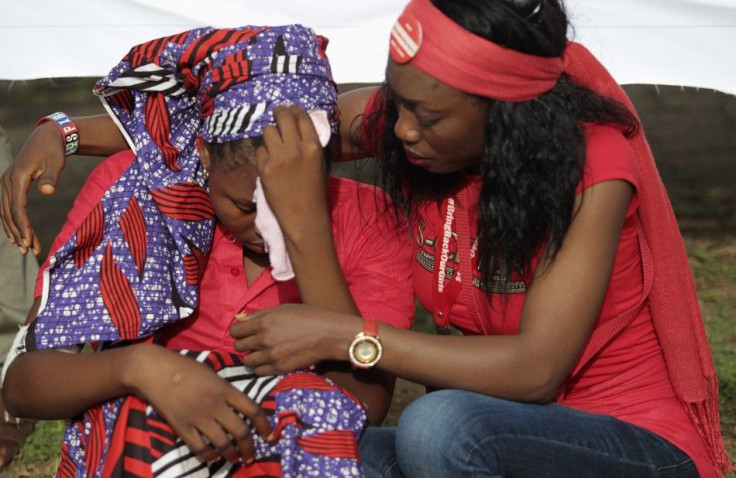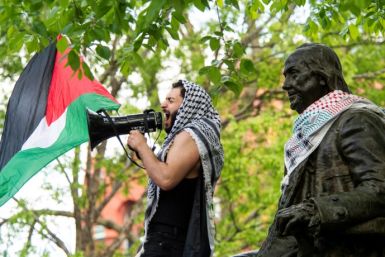Hope For 200 Abducted Nigerian Schoolgirls Being Released Recede As Boko Haram Violates Ceasefire

Tides of violence and ceasefire violations in Nigeria have broken out. It made people wonder whether the more than 200 schoolgirls kidnapped by the Islamist militants, Boko Haram, will really be released as promised, bringing down the hopes of the parents, according to msn.com.
Alex Badeh, chief of Nigeria's armed forces, said that they were trying on Friday to enable the release of the girls, who had been abducted from the remote northeastern village of Chibok in April. However, Boko Haram has not confirmed whether it would fulfil its promise, and it has continued with five attacks, in which the security forces have blamed the militants. Dozens have been killed. Meetings were scheduled to take place in the neighbouring town of Chad on Monday, according to ABC.net.
With hopes of the girls getting released, the parents had been so happy, said Lawana Abana, a parent of the one of the missing girls, told Reuters by telephone. However, since then, the insurgents have gone back to violating ceasefire. After all, the Boko Haram negotiator, Danladi Ahmadu, who had not been heard of, earlier, cannot be totally trusted to keep his promise, when he had not fulfilled his earlier promise, she added, according to nbcnews.com.
On the other hand, the source of the attacks is not clear. They may have been Boko Haram, or even another criminal group that is exploiting the chaos of its insurgency. As Boko Haram is divided into many factions, it is not clear that the faction the government is negotiating with will keep its promise or not.
On Friday, the Nigerian presidential aide, Hassan Tukur, pointed out to VOA's Hausa news service that the militants have agreed "in principle" to free the schoolgirls that were arrested in Borno state. He had clarified that though meetings earlier never gave any good results, this time the circumstances make him feel "cautiously optimistic." Worryingly, there was unflinching silence from Boko Haram. Reports of deadly attacks on Borno state villages on Friday and Saturday began to cast doubt on their promise. A reporter working for VOA said that at least 40 people had been decimated in the attacks, according to motherjones.
For the last five years, Boko Haram has terrorized Nigeria, trying to convert northern Nigeria into a conservative Islamic state. Bombings, gun shots and violence of various kinds have decimated thousands of civilians and cops. In April, the militants had horrified the world by storming into a school in the far-off northeastern village of Chibok, and abducting 270 girls. While 57 girls had managed to break free, over 200 were still in captivity.
On Friday, the cease-fire agreement with Boko Haram had been forged, and the chief, Alex Badeh, chief of Nigeria's armed forces, had directed the armed forces to follow the ceasefire agreement. The meetings in Chad had involved its president, Idriss Deby, and senior officials from Cameroon.
Boko Haram, whose name translates roughly to mean "western education is sinful," has been waging a war on Nigeria since 2009, in order to take it back to the pre-colonial era of Muslim rule. In half a decade, it has killed about 5,000 Nigerians that the gang feels is pro-government in schools, churches, and mosques, as well as military checkpoints, police stations, highways, and a bus station in Abuja.






